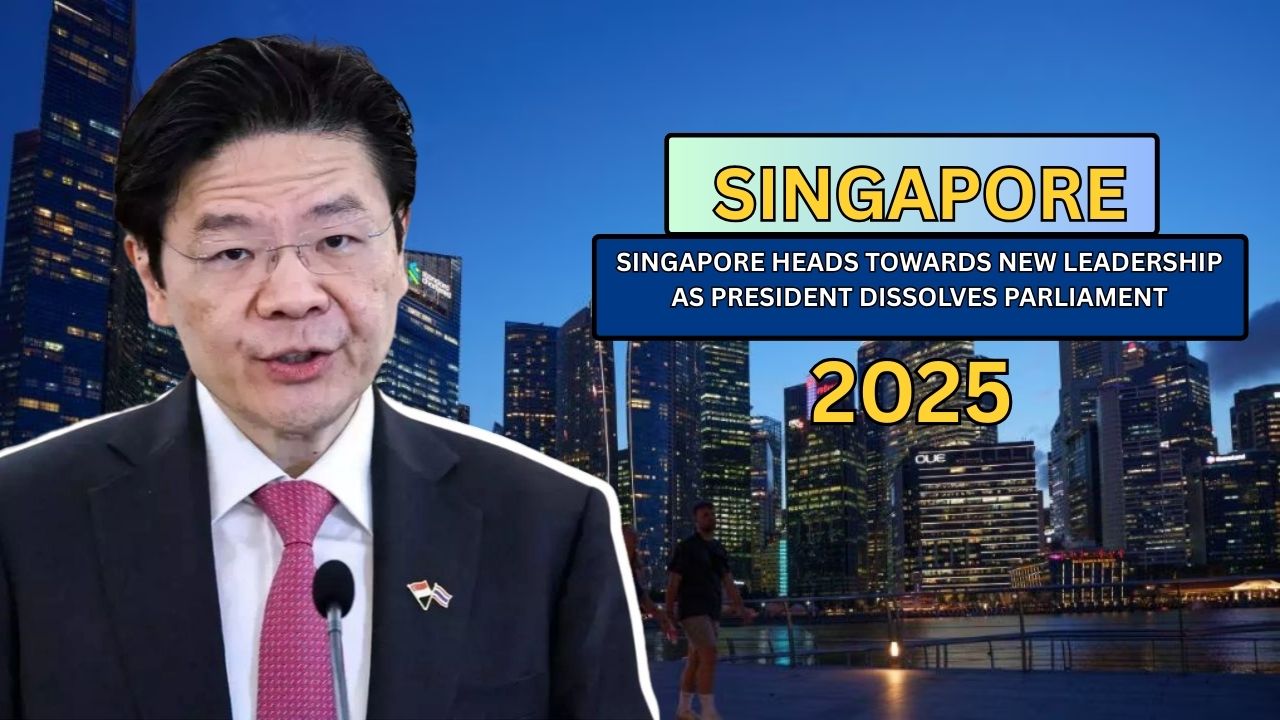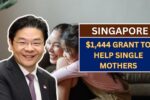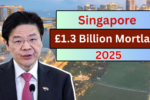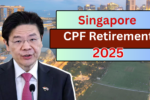In a major political development, President Tharman Shanmugaratnam has officially dissolved Singapore’s parliament, initiating the process for a new national election. The announcement, made on Tuesday, kicks off a fresh chapter in the nation’s political landscape as citizens gear up to elect their next group of parliamentary leaders.
Prime Minister Lawrence Wong Cites Global Economic Uncertainty
Prime Minister Lawrence Wong addressed the public, stating that he had advised the president to dissolve parliament in light of rapidly shifting global economic dynamics. He pointed to ongoing disruptions tied to tariff policies from the Trump era, which have heightened international instability. Wong warned that the conditions that once fueled Singapore’s economic success may no longer hold in today’s volatile environment.
Singaporeans Urged to Decide Nation’s Leadership
Wong underscored the significance of the upcoming election, calling on voters to decide who should lead Singapore through this period of uncertainty. Stressing the need for unity and visionary governance, he encouraged active civic participation, describing the election as a pivotal opportunity to shape the nation’s direction.
Election Timeline Set
Soon after Wong’s remarks, the Elections Department Singapore released the official election schedule. President Shanmugaratnam has issued the Writ of Election for the 2025 General Election. Nomination Day will take place on April 23, and voters will head to the polls on May 3. The tight schedule highlights the urgency and importance of the electoral process in the current climate.
2020 Election Results: PAP’s Strong Performance, Opposition’s Historic Gains
In the 2020 general election, the ruling People’s Action Party (PAP) secured 83 out of 93 seats, maintaining a dominant presence in parliament. Despite PAP’s strong showing, the Workers’ Party achieved a historic milestone by winning ten seats—its best performance since independence in 1965—signaling a shift in the country’s political dynamics.
PAP Seeks to Maintain Majority as Opposition Eyes Growth
As the 2025 elections approach, PAP is expected to retain its majority, though the political contest has intensified with 97 seats now open for contest. Analysts are closely watching whether the Workers’ Party and other opposition groups can capitalize on their previous momentum to gain more ground.
Compulsory Voting Ensures Widespread Participation
Singapore enforces mandatory voting for all eligible citizens, promoting strong democratic engagement. About 2.75 million Singaporeans are expected to vote, underscoring the country’s commitment to a participatory and representative political system.
Crucial Crossroads for Singapore’s Future
This dissolution of parliament and call for new elections reflect more than a routine political event—it marks a defining moment in Singapore’s journey. With leadership, governance, and policy decisions on the line, voters have a key role in determining who will guide the nation through a rapidly evolving global environment.
This article has been carefully fact-checked by our editorial team to ensure accuracy and eliminate any misleading information. We are committed to maintaining the highest standards of integrity in our content.

Outside of work, he enjoys playing chess, following cricket, and writing short stories. His commitment to integrity and in-depth analysis strengthens OTE News’ mission of providing trustworthy journalism.




